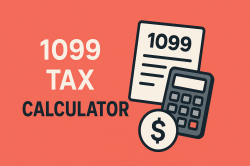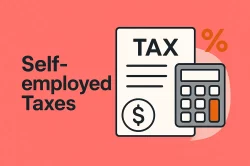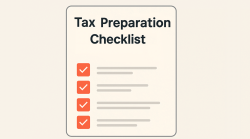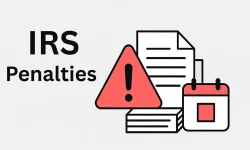Table of Contents
IRS compliance means filing all the right tax forms on time and paying what you owe. It’s super important for everyone, whether you’re filing for yourself or a business. Staying IRS compliant helps you steer clear of audits, fees, and headaches down the road. Read on to learn the ins and outs of IRS compliance.
What Does IRS Compliance Really Mean?
So, what exactly is IRS compliance? It’s when you follow all the tax rules set by the Internal Revenue Service. Think of it as playing by the rules of the tax game. A compliant taxpayer files their tax returns accurately and on time, and they pay all their taxes when they are due. If you miss deadlines or make mistakes on your forms, you’re not completely compliant. This is where the IRS starts looking closer. The IRS even studies this through “tax gap” research, showing the money owed versus what’s actually paid freely and on time. This gap highlights where people aren’t being compliant, and it’s a main focus for the IRS.
There are different levels of IRS compliance. You can be fully compliant, not compliant at all (like not filing anything), or have a “compliance issue,” which means there’s a specific problem that needs to be discussed. Failing to address these issues can result in penalties from the IRS.
Checking Your Compliance Status
The IRS has ways to check if you’re compliant. One is the Tax Compliance Check Service (TCCS). This system automatically looks at your tax history over the last few years to see if you’ve filed everything and paid up. It’s a quick way for the IRS to spot any obvious problems.
FAQ
What does IRS compliance mean for mileage logs?
IRS compliance means your mileage logs adhere strictly to IRS rules, ensuring they include details like dates, destinations, trip purposes, and accurate mileage totals.
Why is IRS compliance important for mileage tracking?
Maintaining IRS-compliant mileage logs helps avoid audit triggers, maximizes potential tax deductions, and ensures your mileage claims withstand scrutiny.
How does MileageWise ensure IRS compliance?
MileageWise offers features like automatic tracking, built-in compliance audits, and precise record-keeping, simplifying the process of maintaining IRS-compliant, contemporaneous mileage logs. It also assists with retroactive mileage logging in case the IRS did not accept your mileage log.












